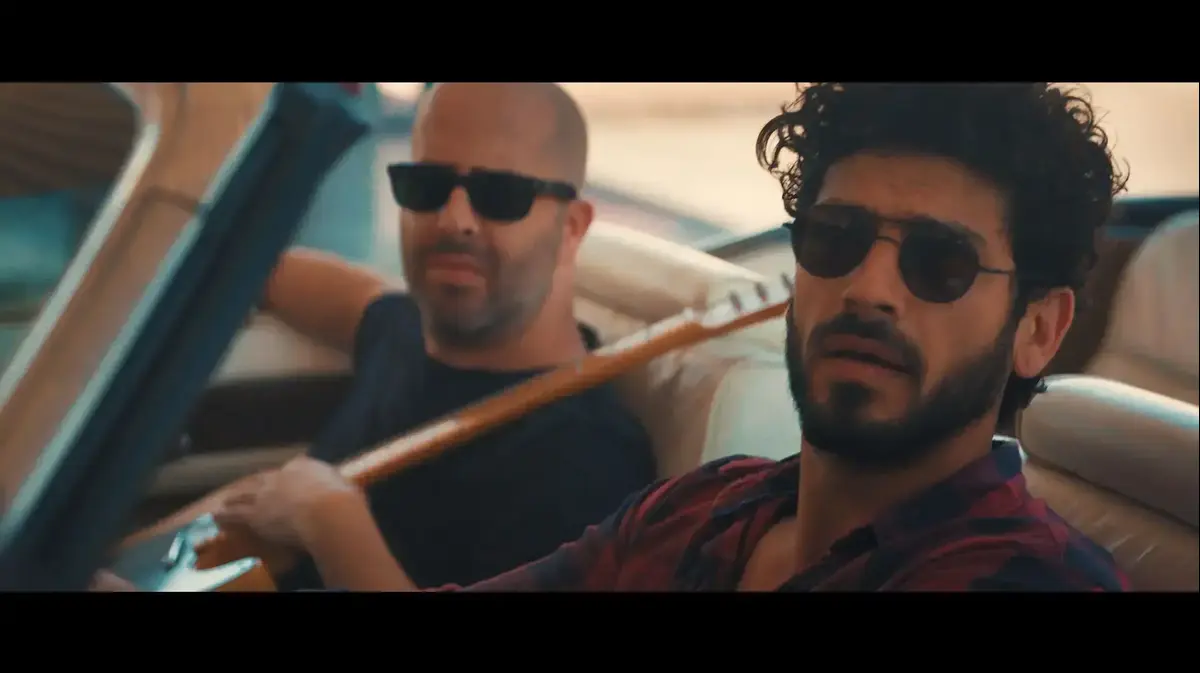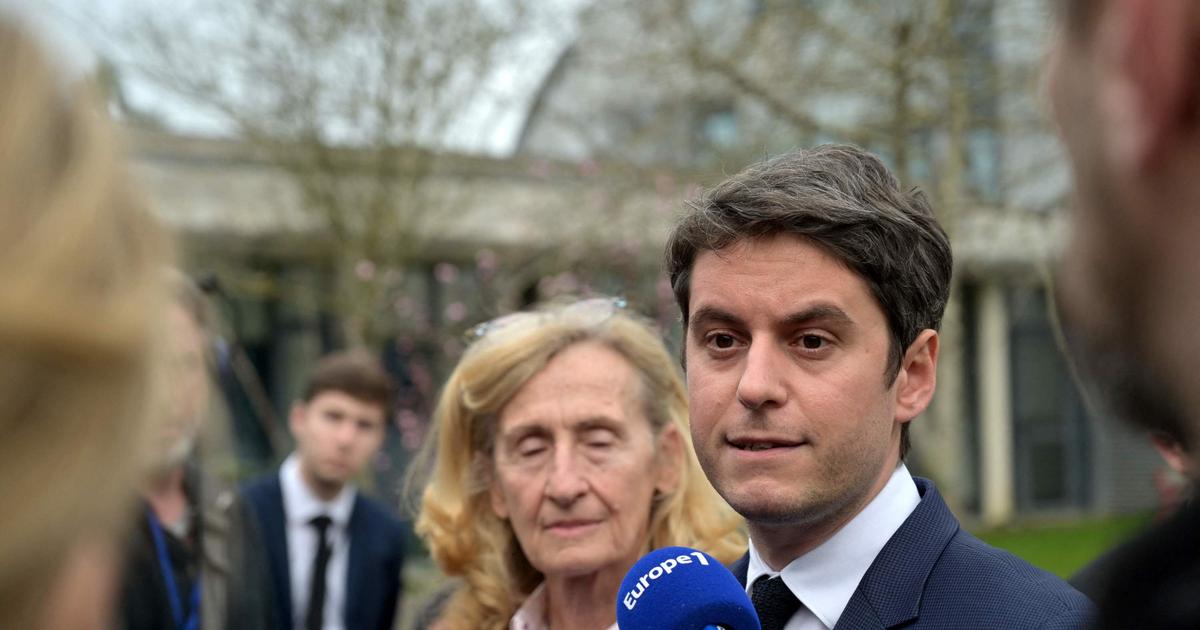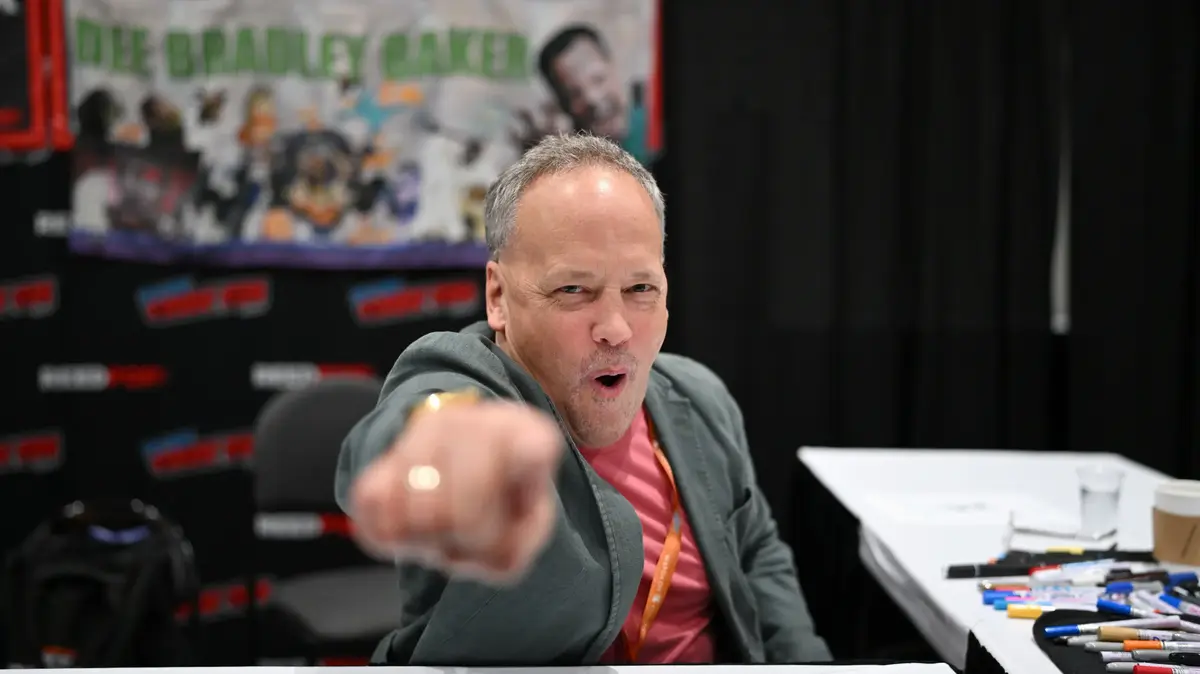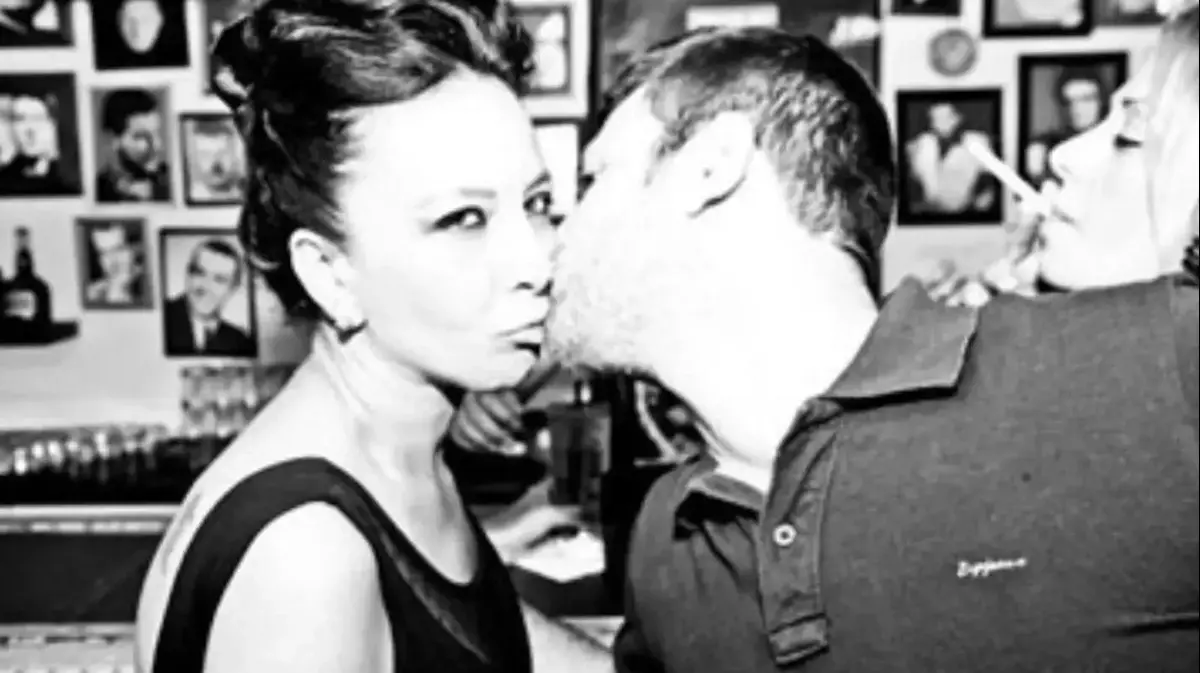Drift with the Stream: It's time we get the Butner's as is
But also on the new album, Butner has a great sense of infectious hits that are easy to start and hum almost immediately, and he still writes kitsch dipped in countless clichés, full of pathos and almost no edge. And also: Yossi's new album with a bleak and hopeless look
Drift with the Stream: It's time we get the Butner's as is
Eli Butner - "Nearest To You: Song Diary 2018-2020"
Eli Butner's new album, one of the main figures in the Israeli mainstream over the past decade, is actually a collection of singles released over the past two years with new and old partners. The Foreign Children Project has been neglected for now - Ehad Shragai and Adar Gold have both tried to develop a solo career, but not with great success in the meantime. Butner did not move to the front of the stage, but simply turned on other voices, most notably Silk Kleinstein and Spring Alush. And if "Foreign Children" has made mainly digestible rock 'n' roll for adolescents, Butner's "Nearest to You" offers a few classes, and provides easy-to-digest rock 'n roll for adults as well.
The fact that he is still here is not a thing: writers and musicians usually go as far as they come. But after so many years in the industry, one must probably accept that Butner is Butner, for better or worse: He still has a great sense for infectious hits that are easy to start and hum almost immediately, and he still writes kitsch dipped in countless clichés, full of pathos and almost edgy.
More in Walla! NEWS More in Walla! NEWSThe Israeli song most played in the last decade: "Letter to my brother"
To the full articleTwo of the album's hits, Elush's theme song, and "Last Bus to Haifa" performed by Kleinstein, are just that: a rocky, catchy rock aesthetic, devoid of any rebellion, full of lines like "How angry in this world / though if we fall - fall together / allowed We can fail / you can give, you can take "or" to break, run out, wake up and then get up and go / and I couldn't and was afraid to lose you / and give up, go blind, get drunk, get carried away with the current / And we will never have such love again. " The fact that these are actors, who are inexperienced at getting the full drama out of themselves, only makes the story much more bombastic. "How to Explain Longing," the spicy union song with Kobe Afllo, years after the successful "Letter to My Brother" - the best song in Butner's career - does not transcend.
The best song on the album, interestingly, is "Sister," performed by Kleinstein and Maggie Azerzer together. Butner wrote this song, as well as other songs, for a musical called "Zero in Human Relations," and it's a shame to me that he didn't put out a mini-album from the musical, because he really did a great job there, so much so that he was even mentioned on stage during The play: The lyrics are funny, there are musical twists and ironic gestures. "Sister" is the minor of the songs, but it is also very beautiful (in the musical it is also performed in Russian by Diana Golbin). This is actually Pages Song and Zohar. Ezzer and Kleinstein's voices connect beautifully to an exciting melody. "Sister" is also free of drama, but in the context of this musical it is natural and requested. It seems to me that this is where Butner should be, and where his talent blossoms most beautifully.
Yossi Babliki - Did I come here already?
If I had to find a short title for Yossi's solo career in Blicki, I probably would have chosen "Love Songs in a Falling World." He always knew, from the exemplary "parade album" to his new album, "Have I Arrived Here," to describe the glorious collapse of man in the face of greater forces, late capitalism, dumb TV and unnecessary wars, but also his insistence on seeking love. Futuristic romance, indie version.
"Did I Come Here" comes to Blicky after a few years break. His latest album, The Boxing, was released in 2011. Punch's "Hint for the Future" was released a year later by the riot of social protest in Rothschild. And almost silence ever since. And if "Future Clue" had a tone of hope, his new album is bleak, his voice tired and the dystopia already too threatening to hope for even small victories. Have we arrived here yet? Apparently we're getting closer.
The heart of the album is "The Mineral Air," a six-minute epic in which technology advances at a senseless pace without the person being sufficiently responsive to it. The air is replaced by a new, mineral air that is being marketed with alienation (Blicky opens the song with the jingle "Mineral - Breathe Safe Air", as Netanyahu's promise of never fulfilled peace, and ends with a walk to Caesarea: "Air, air, not Will never end "). This is how political chaos, climate crisis, and human helplessness combine with intense guitars and a nervous cello for one last prophecy of rage / comfort: "Remember how many years ago, when the air was free and filthy, when you just got married, the city government's mobile sounded exactly the same And the fear and the howls ... should have signaled to you then: that the world is good, but the responsibility is great, and it is growing, much more than you thought when you were a child. "
And that's not all: in the Late Baliki, he had to quit cigarettes, sugar, from Tel Aviv. Almost the entire album deals with addictions, illness and rehab. Whether it's the absurd "doctor", or the desperate "sugar", or "shortening the history of addiction" his name speaks for itself. Another excellent piece on the album is actually instrumental, "Dog's Dream on New Teeth," a piano-cello race that completes "Mineral Air" in its frenzy. Everything crystallizes into a certain work, not as absorbing or dreamy or as satisfying as the previous works of Blicki, and in general even more diffused, perhaps because this is the way of the described chaos. But as we opened and advanced: in the end, there must also be love. The album was signed with the ballad "Black Guitar", a simple and heartwarming duet with a dialect, ending "Have I Got Here" with a little bit of comfort.















